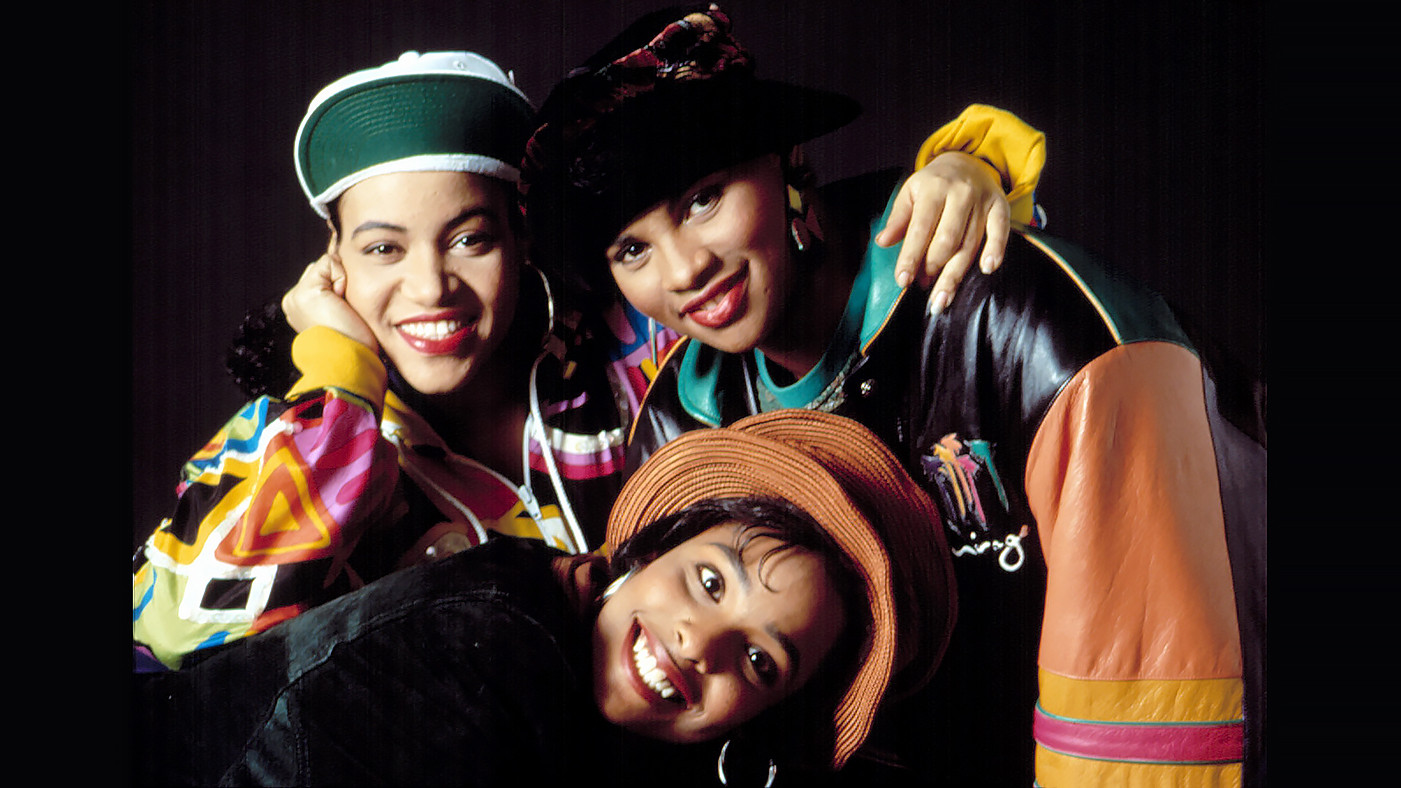by Brooklyn White
The Black woman’s voice is critical. Without it, the earth is cursed - condemned to a lifetime of misogynoir and Eurocentricity, and devoid of discussions on the intersection of gender, race, and class. There have been too many instances of erasure, or worse, a flat-out lack of knowledge on the various issues that affect Black women. Even more necessary than individual, Black feminist thought is the collective consciousness and inventiveness that Black women have cultivated since the beginning of time. As a result rap groups comprised of women have performed bops and have fostered solidarity amongst Black women.
The fusion of Black feminism and rap (created by Black women, of course) is not shocking. Both have a buzzing nucleus that summarizes the differing aspects of Black women’s experiences across industries, institutions, within family units and more. Romantic relationships, socio-economic plights, basic relations, and coping mechanisms are among the topics tackled in both rap and Black feminist’s conversations. Fellowship amongst Black women is fostered as a result of this sharing of information. And while entertainment plays a large part in the consumption of the art created by Black women rapping, there is an equally strong desire for a sisterhood. I cannot think of a better display of the connection between Black sisterhood and Hip-Hop music than groups made up entirely of women.
The Sequence is owed much more respect than they’re given - one of the first women collectives to make a big splash in Hip-Hop (in 1979). Though the Sugar Hill Records signees have been sampled by large performers like Dr. Dre, they still haven’t gotten their credit, or their coins, and they’re not happy about it- the typical underpaid, overworked bullshit that Black women have been enduring for centuries. But the ladies haven’t let financial issues and misappropriation of honor deter them from sticking together in pursuit of loot, and have managed to create an avenue for others, like Salt-N-Pepa and the City Girls. The women have also made folks reconsider how we honor living, Black predecessors.
“Pick up on THIS!” proclaimed a James Brown sample placed in Cheryl “Salt” James' and Sandra “Pepa" Denton's “Push It", the legendary anthem that thrust the New Yorker's careers into the cosmos. And pick up on it we did.
Early on, everything about Salt-N-Pepa cemented their solidarity, from their matching asymmetrical haircuts (the result of Pepa’s hair coming out during a perm), to their names. The group had a string of hits in the 1980s and 90s, while approaching still-discussed concepts like not needing a man for his money and their sexual philosophies, and were the first mic-wielding women to go platinum, and also among the first to win a Grammy. Salt-N-Pepa have been making strides in the name of feminism for over 30 years, and inspired women to think more critically about the societal guidelines they color within.
The West Coast, as well as the Panhandle State presented their women-centric duos and trios - J.J. Fad and Oaktown’s 3.5.7 of the former and Anquette and L’Trimm of the latter. Supersonic, boomin’ whips were a sliver of the outcome of these bands, who continue to find new listeners and spark conversations. The very existence of communities of Black women who celebrate themselves, support themselves and uplift others like them is worth consideration.
J.J. Fad, ‘Supersonic’ cover art, 1988.
Some might argue that JT and Yung Miami of the City Girls are not feminists. And a conversation on their musings and music (Alexa, play “I’ll Take Your Man” [by Salt-N-Pepa]...wait no, actually play “Take Yo Man” by City Girls) could support this belief, while simultaneously reinforcing the longstanding Black feminist tradition of rejecting the pathologizing of Black women’s relationship with their bodies and sex. And when you break down JT’s incarceration and find that it’s a matter of capitalism and the struggle to pursue the American Dream as a young, Black woman and Miami’s redistribution of wealth in the form of $25,000 awarded to the best twerker in the world, you may be inclined to think more critically.
It’s true that we live in a time where the term “feminism” often becomes a buzzword for brands and outlets who hover over the concept like gnats and slap it onto anything concerning women. Similarly, many are quick to call mundane and completely unintentional acts “iconic” and “radical.” I won’t be pressed if my theories regarding the feminist nature of certain Hip-Hop groups are challenged. I find solace in the fact that like The Sequence and Salt-N-Pepa, I’m elasticising the bounds of Black feminism and its purpose, while pushing the conversation forward. Period.


